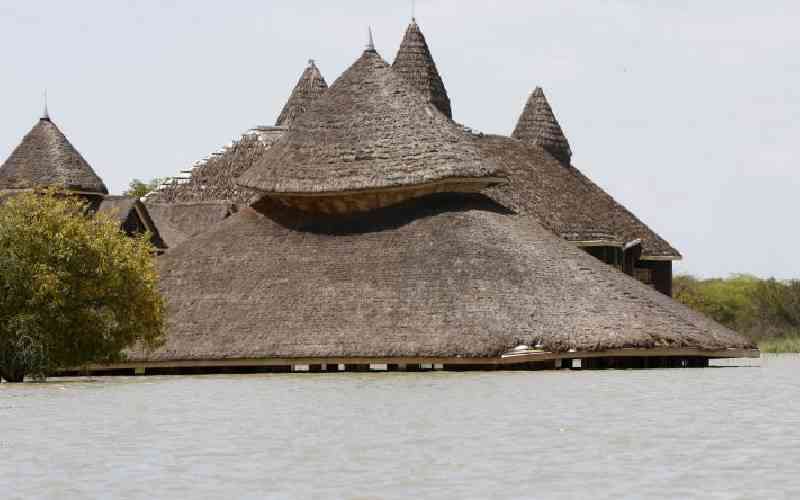×
The Standard e-Paper
Fearless, Trusted News

In his Presidential Memoir, A Promised Land, former US President Barack Obama recounts vividly the events that preceded the signing of the Paris Agreement on Climate Change.
The United Nations Climate Change Conference of 2015, commonly referred to as COP21 was on the verge of collapse before he landed in Paris.